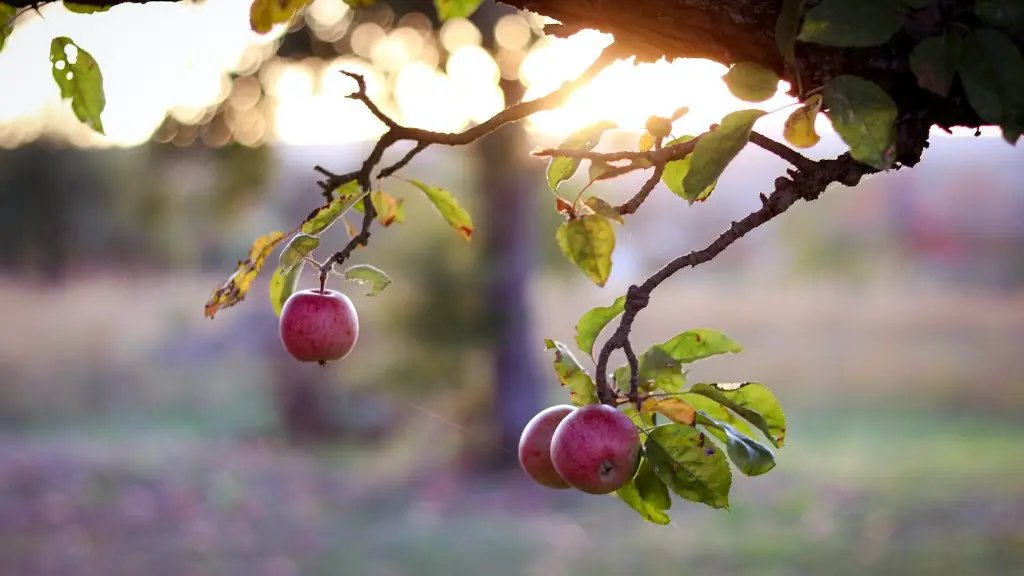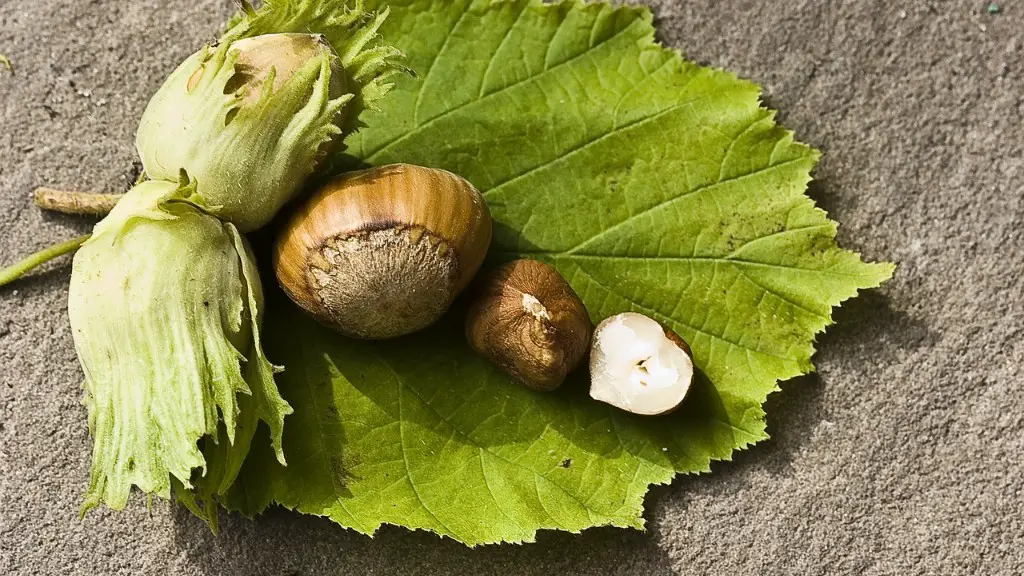Apple trees are beloved and oftentimes difficult to care for. While they may initially appear to be a low-maintenance plant, it is important to choose the right nutrition for your apple tree to remain healthy and strong. Contrary to popular belief, apples trees need more than just apples in order to stay in peak condition.
When wanting to feed apple trees, it is important to understand the how and the why of fertilization. There are three main macronutrients: nitrogen, phosphorus and potassium. While there are are other micronutrients that are beneficial to the growth of your tree, understanding the balance between these three macronutrients is key.
Nitrogen is important to the growth of stems, leaves, and fruit, while phosphorus is essential for the development of fruit and root growth. Potassium helps with chemical balance, stress tolerance and photosynthesis. Finding a balance between these three macronutrients is essential in sustaining a healthy and productive tree.
Organic fertilizers are considered the ideal food for apple trees. Not only are they a safer option when compared to chemical fertilizers, but they also help to retain soil moisture and promote the growth of beneficial microbes. Animal manure, compost and seaweed fertilizer can all be used to increase the fertility of your soil.
Feeding your tree fertilizer isn’t just about what you buy and put down, but it’s also about timing. Generally, apple trees should be fed in the spring and summer when the leaves are green and growing quickly. The trees should not be fed fertilizer when dormant. It is also important to make sure not to over-fertilize the tree, as too much fertilizer can in fact weaken the tree, leading to an overload of growth which can exhaust the tree.
Lastly, apart from fertilization, apple trees need to have a steady water supply in order to remain healthy. Watering should be done when the soil is dry a few inches down. Too much water can lead to root rot, while too little water can lead to wilting and eventual death of the tree.
Using Organic Fertilizers
Organic fertilizers are the most recommended option when looking to feed apple trees. Generally containing nitrogen, phosphorus and potassium, these fertilizers are available in various forms, from animal manure to compost and seaweed. When looking for an organic fertilizer, be sure to check the nutrient content as this will give you an idea as to how balanced the fertilizer is. It is important not to over-fertilize as it can lead to an overload of growth and exhaust the tree, as well as damage the surrounding environment.
Managing Water
When it comes to keeping your apple tree healthy, water is another essential component. In order to be able to feed and promote growth, the soil must remain moist. Watering should be done when the soil is a few inches deep. Too much water can lead to root rot, while too little can lead to wilting and eventual death of the tree. Drip irrigation is the preferred option when wanting to maintain consistent moisture levels as this allows for water to be distributed evenly at an even rate.
Pruning
When wanting to promote a healthy apple tree, pruning is another important step. While it can be intimidating to trim the trees, the process is necessary in order to promote the tree’s health and encourage new growth. Pruning involves removing any damaged or dead branches and encourages the tree to focus its energy on bearing fruit instead of growing excess foliage.
Winter Protection
Winter can be especially hard on apple trees and thus it is important to give them some extra protection when preparing for the season. While the tree may have lost its leaves by then, the roots need to remain warm and protected. A layer of mulch over the root zone can help insulate the ground and keep temperatures consistent.
Using Pesticides
Although many gardeners may be tempted to reach for pesticides when trying to protect their apple trees, it is in fact not the most ideal option as it can end up doing more harm than good. Whenever possible, natural predators, such as ladybugs, should be used to keep pests and diseases away. If, in spite of this, pests and diseases cannot be positioned with natural methods, then organic pesticides should be used, as these will have lesser impact on the environment than chemical ones.


